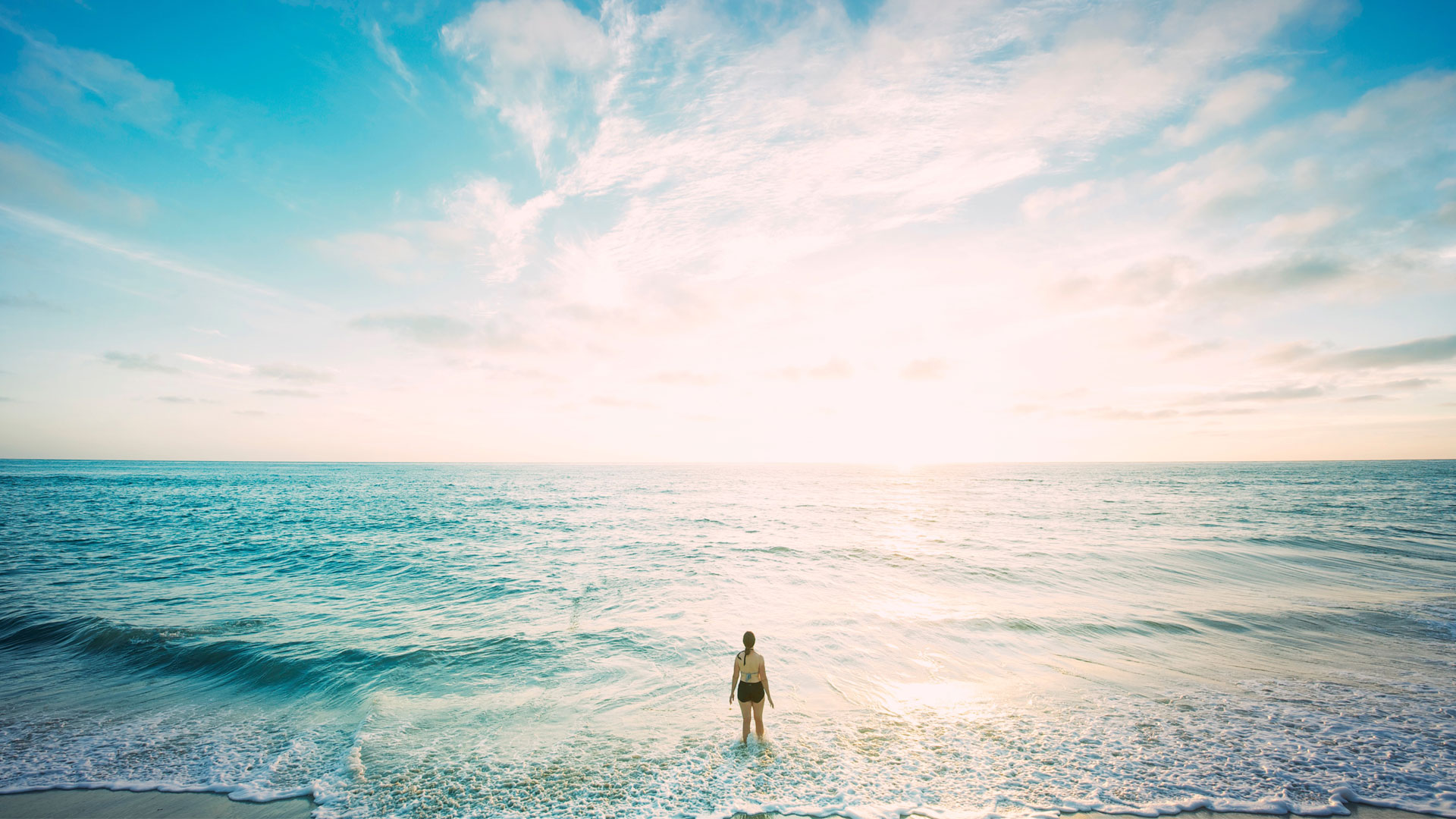
08 May The Dangers of Eparenting
Barbara O’Reilly wonders how many parents have stopped to consider the dangers presented by leaving a child to navigate the digital world, unsupervised and without guidance.
An article debating how long a child under 12 could be left alone or unattended, landed on my desk. The story wasn’t an unusual one. As a culture, we often discuss these ideas at great length. My introduction to modern parenting went something like this: “Hey Mum! Welcome to the club – here is a list of things deemed too dangerous for your child. Shall we chat over tea about the likelihood of something terrible happening?”
As parents, our fears peculiarly focus mostly on statistically unlikely risks; the threat of abduction plagues us but the fear of car accidents is rarely discussed in the parenting sphere.
But there is something else we seem to gloss over; according to the Australian Psychological Society, the average age of a child when they first become exposed to online pornography is 11 years old.
Did you just put your tea down? Good. Keep reading.
So let’s just take a moment to consider this: children, who are in many instances not allowed to ride to the shops and buy milk unsupervised, are likely to have watched porn online. Wow, right?
The psychological, social and developmental outcomes of early exposure to adult content are well documented. Low self-esteem, eating disorders and depression – the list goes on.
So we know it is harmful, we know it is readily available – what we don’t really know is how we should prepare our children for it.
I called Dr Joanne Orlando, a leading expert in the field of children and technology, to talk to her about the realities of parenting in a digital age. She told me, “It’s pretty common with parents that they aren’t exactly sure how to parent around technology. There’s a lot of uncertainty in terms of kids’ safety, we all want our kids to be safe online… But we don’t have anyone to guide us.”
“Our parents didn’t have to worry about this.”
And it’s not just parents who are under-prepared. While government regulation of well… life seems to be at an all-time high, regulations of the media are not following suit. In the past ten years, TV classifications have been relaxed to allow mature content to be shown earlier in the evening and video games are both more violent and reaching more children than ever.
On top of that, if you consider the introduction of pay-TV and streaming services, media regulation, as we know it, is a thing of the past. It seems we have a Wild West-esque situation on our hands.
Dr Orlando agreed that it is hard not to be terrified as parents, but outlined that it is really important to be responsible when the hard questions come our way.
She suggested talking openly with children from a young age about the things we see and share online. And not in the old-fashioned sit-down-at-the-table and have a talk way, she advises that these conversations need to be threaded throughout our daily family lives.
“The Internet is throwing up all these new things that we never thought we would have to say to our children, but it’s something that we really need to do to look after them.” She suggests talking openly about things you do and see online in daily conversation to get children thinking, and not to wait until they are 15 to start them.
“The Office of the Children’s eSafety Commissioner website includes a lot of content about talking to children who are younger than eight. So you’re not talking to them about pornography. You’re talking to them about healthy body image, about positive trusting relationships, about being respectful of your body – these kinds of conversations need to happen quite early.”
The good news is that there is evidence to suggest that just being present in your children’s online life can have lasting positive implications.
The Australian Psychological Society believes that providing good supervision, setting clear boundaries, supporting children to become competent online citizens, promoting online literacy and fostering their ability to critique information will enhance their online safety.
“The way we nurture our children in the real world should be very similar to the way we nurture them in the online world,” says Dr Orlando. “It’s about helping them to be happy, well balanced and to feel good about themselves. That’s the prime aim for most parents.”
A word from the Office of the Children’s eSafety Commissioner – Australia’s leader in online safety
“From the moment we’re born – and sometimes even before – our digital identity is established. As we grow, our digital footprint grows, which is why it’s important we treat our digital selves [and our digital children] with the same care and attention we give ourselves in the real world.”
“For their privacy and safety, it’s important for your children and all young people to be aware of where and how their personal information is available on the internet, who can access it, what others are doing with their information and the impression they are leaving for others to find.”
- Ensure your children are aware of and understand all of the features and terms of use of social networking sites – in particular, how to set their profile to ‘private’.
- Help children understand that any information they provide online or via SMS can be shared more broadly than they might think. Even if their profile is set to private, they can’t control what their friends will do with the information that they post.
- Encourage children to think carefully before sharing images or messages online or on their mobile phone.
- Help them understand that they may be committing a criminal offence when taking and/or sharing sexual images of themselves or others who are minors.
- Creating and/or distributing sexual images with minors may constitute the production and/or distribution of child sexual abuse material.
- As an adult, be very cautious if you have intercepted any content that may constitute child pornography. Do not interact with the information, forward or share it in any way. Immediately seek guidance from police.
- The Office can investigate complaints about content that may be illegal or prohibited. Report this content to esafety.gov.au/reportillegalcontent
All resources are available in 14 different languages.
Words By Barbara O’Reilly / Image By Frank McKenna




